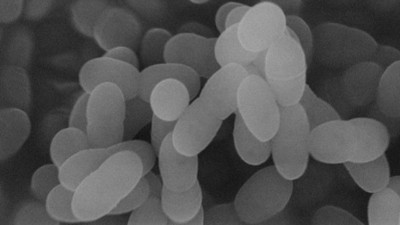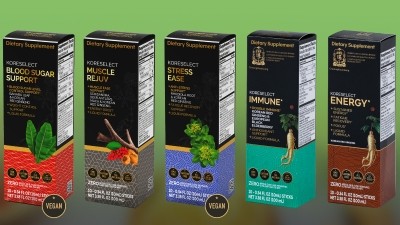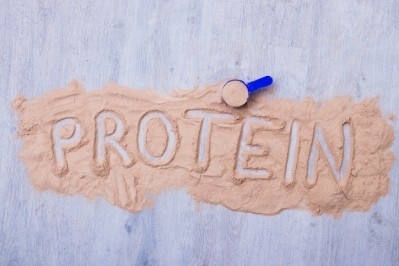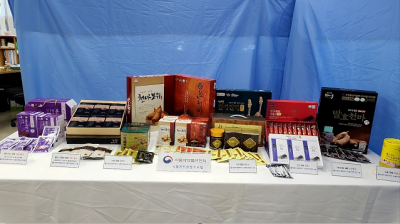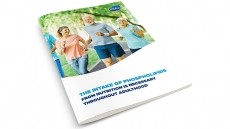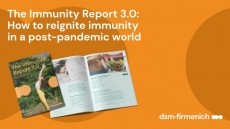Efficacy booster: Korean red ginseng found to improve and maintain antibody-mediated responses after COVID-19 vaccination – new study
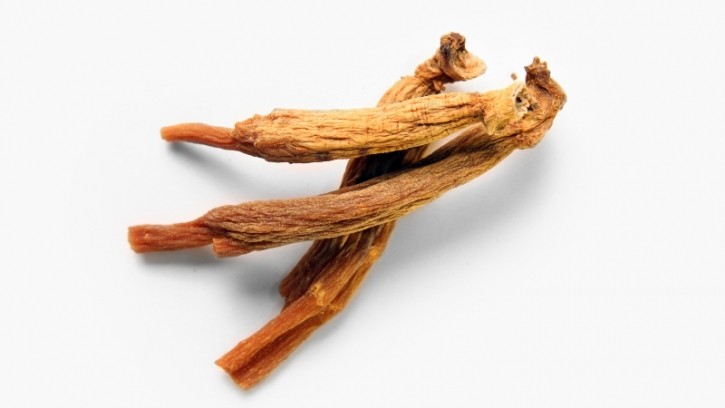
Vaccinations have been considered the best way to keep the COVID-19 pandemic under control, with booster doses subsequently approved to enhance protection.
However, recent studies have indicated that the effectiveness of these vaccines tends to decline over time, and even booster vaccination starts to wane after five to nine weeks.
Meanwhile, there has been growing interest in natural immunomodulators that bolster one’s immunity and support the resilience of an infected individual.
As such, researchers from Yonsei University College of Medicine in South Korea conducted a 24-week clinical longitudinal study to examine the effect of Korean red ginseng (KRG) on COVID-19 antibodies following vaccination.
A total of 350 participants aged 30 years or older were recruited in August 2021.
They were assigned to two groups, specifically the KRG group (149 individuals who had taken red ginseng every day for four weeks immediately prior to vaccination) and the control group (201 people who had not taken red ginseng for two or more months before vaccination).
The KRG group consumed a 3g tablet, made from red ginseng extracts and contains eight ginsenosides, per day.
Serum antibody levels were measured just before the second dose (baseline), weeks 2, 4 and 12 after the second dose, and four weeks after the third dose.
Humoral immune response is an antibody-mediated response that occurs when foreign particles, or antigens, are detected in the body. In this study, it was found that vaccine-induced humoral immune responses in both the KRG and control groups significantly increased after the first vaccination and for two weeks after the second dose.
Subsequently, a decrease was observed until 12 weeks after the second dose. Humoral responses then rose again after the booster shot.
“The antibody formation rate of the KRG group was higher than that of the control group. Between the first dose and four weeks after the third dose, the decrease in antibody formation rate was also slower in the KRG group. This trend was prominently observed in those above 50 years old,” the authors wrote.
Previous studies have attributed poor vaccine responses in the elderly, such as reduced humoral responses and delayed T cell responses, due to immunosenescence (gradual deterioration of the immune system due to ageing).
“Our findings suggested that KRG plays a positive role as a COVID-19 vaccine adjuvant and can improve the immune response elicited by the vaccine.”
An immunomodulatory agent
Since its outbreak, the COVID-19 virus has caused considerable morbidity and mortality worldwide. To prevent severe illness, vaccination has become a widely adopted measure.
Yet, the diminishing of vaccine-induced neutralising antibodies over time, as well as the threat of new virus variants that can overcome vaccine-induced host immunity, have led people to look for ways to improve vaccine efficacy.
KRG, derived from Panax ginseng Meyer and extracted by steaming, is known for its benefits for the prevention and treatment of various diseases.
Studies have shown that KRG is protective against influenza, and could raise recovery rate and reduce fatality from viral infections. It is also reported to have favourable effects on acute respiratory illness and on raising the efficacy of pneumococcal vaccines.
“There are a number of possible factors related to the higher vaccine-induced humoral response in the KRG group. For one, KRG can help regulate the secretion of cytokines and chemokines, which play essential roles in developing and maintaining the immune response to vaccination,” the authors said.
It should be noted that the study has several limitations, including difficulty in determining the actual dosage of KRG, and the lack of testing for KRG’s effectiveness on cellular immunity.
To minimise the impact of other nutrients, participants were asked to stop all nutritional supplements during the trial period, which might have affected vaccine-induced immune responses.
In addition, the vaccines administered consisted of mRNA-based vaccines (Pfizer and Moderna) and recombinant adenoviral vector vaccines (AstraZeneca) based on protocols stipulated by the Korean government. The study population were not given a choice on the type of vaccine taken.
“Further studies are needed to explain the mechanisms of KRG’s effects on immune responses, such as T cells, B cells and cytokines, after COVID-19 vaccination,” concluded the authors.
Source: Nutrients
https://doi.org/10.3390/nu15071584
“Korean Red Ginseng Potentially Improves Maintaining Antibodies after COVID-19 Vaccination: A 24-Week Longitudinal Study”
Authors: Jihyun Yoon, et al
